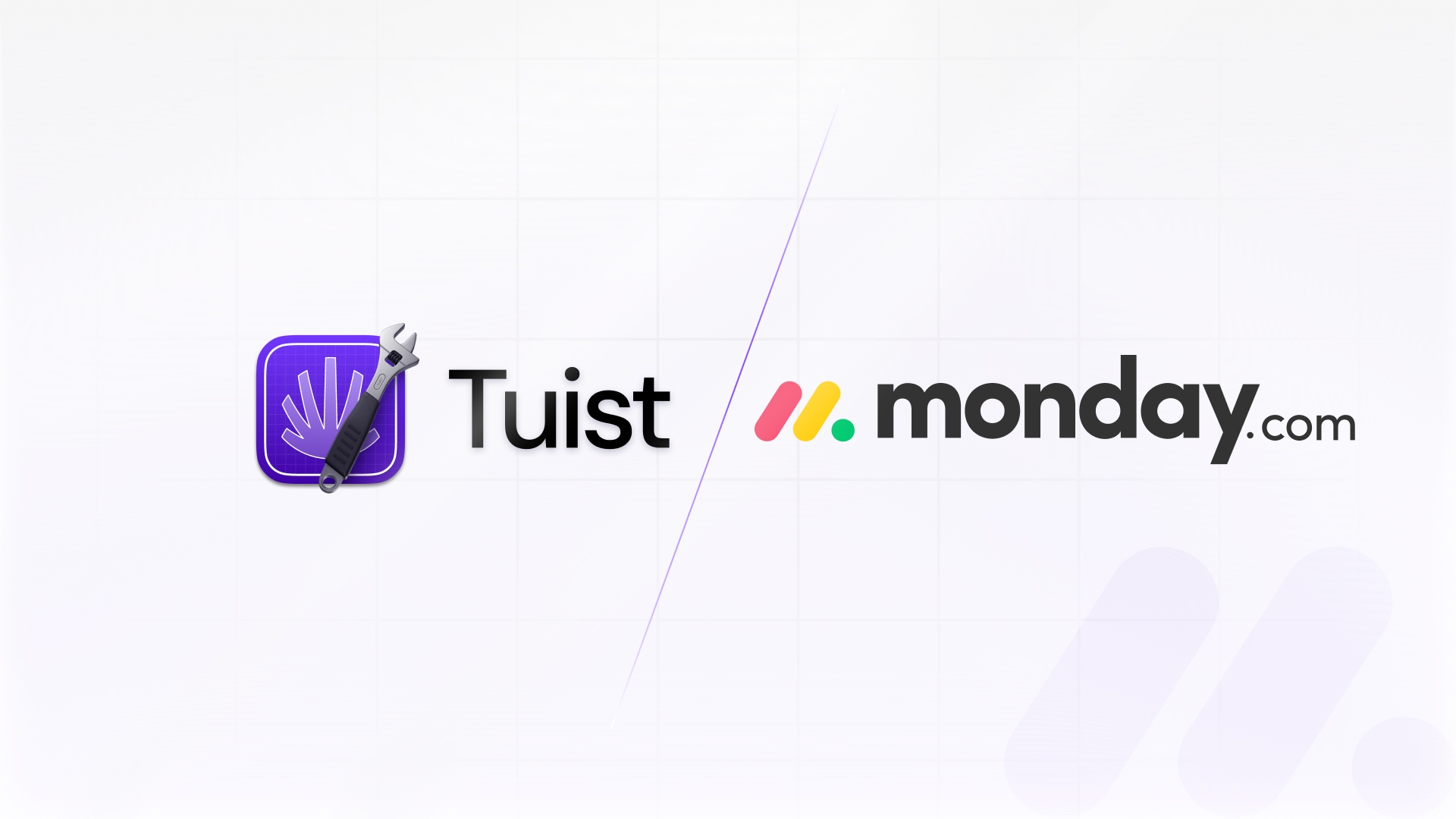
Blog

Our Swift CLI now runs on Linux
Tuist is no longer macOS-only. You can now run analytical workflows or leverage the upcoming Tuist Gradle support on Linux.

Codex cut Mastodon iOS clean builds 80%
We gave Codex the Mastodon iOS client and asked it to migrate the project to Tuist generated projects, enable caching, and benchmark the results. Here is what happened.

Stop Flaky Tests from Blocking Your PRs
Flaky tests waste engineering hours and block PR throughput. Learn how Tuist automatically detects, tracks, and quarantines flaky tests so your team can ship faster.

From reactive to proactive with the new Slack integration
Stop finding out about build regressions from frustrated teammates. Let Tuist notify you in Slack the moment something goes wrong.

Tuist Previews: SDK and Tracks for app previews
Keep everyone on the latest app previews with the Tuist SDK and Tracks.

Tuist in 2025: Building for the Long Game
How we went from a project generator to a productivity platform, grew the team, shipped more than ever, and discovered what sustainable developer tooling really means

monday.com cut CI time in half
monday.com slashed CI times from 20 to 9 minutes and scaled to 200 modules with Tuist. Learn how their 20-engineer iOS team transformed their development workflow.

Tuist Test Insights for Xcode
Get Xcode test analytics and optimize your test suite with Tuist Test Insights.

Teaching AI to Read Xcode Builds
From debugging build issues to building agent-friendly build observability. Exploring how structured build data could transform how AI agents understand and optimize Xcode builds.

Tuist Registry: an open Swift Package Registry
Tuist Registry is an open Swift Package Registry for fast SwiftPM resolution—no authentication required.
